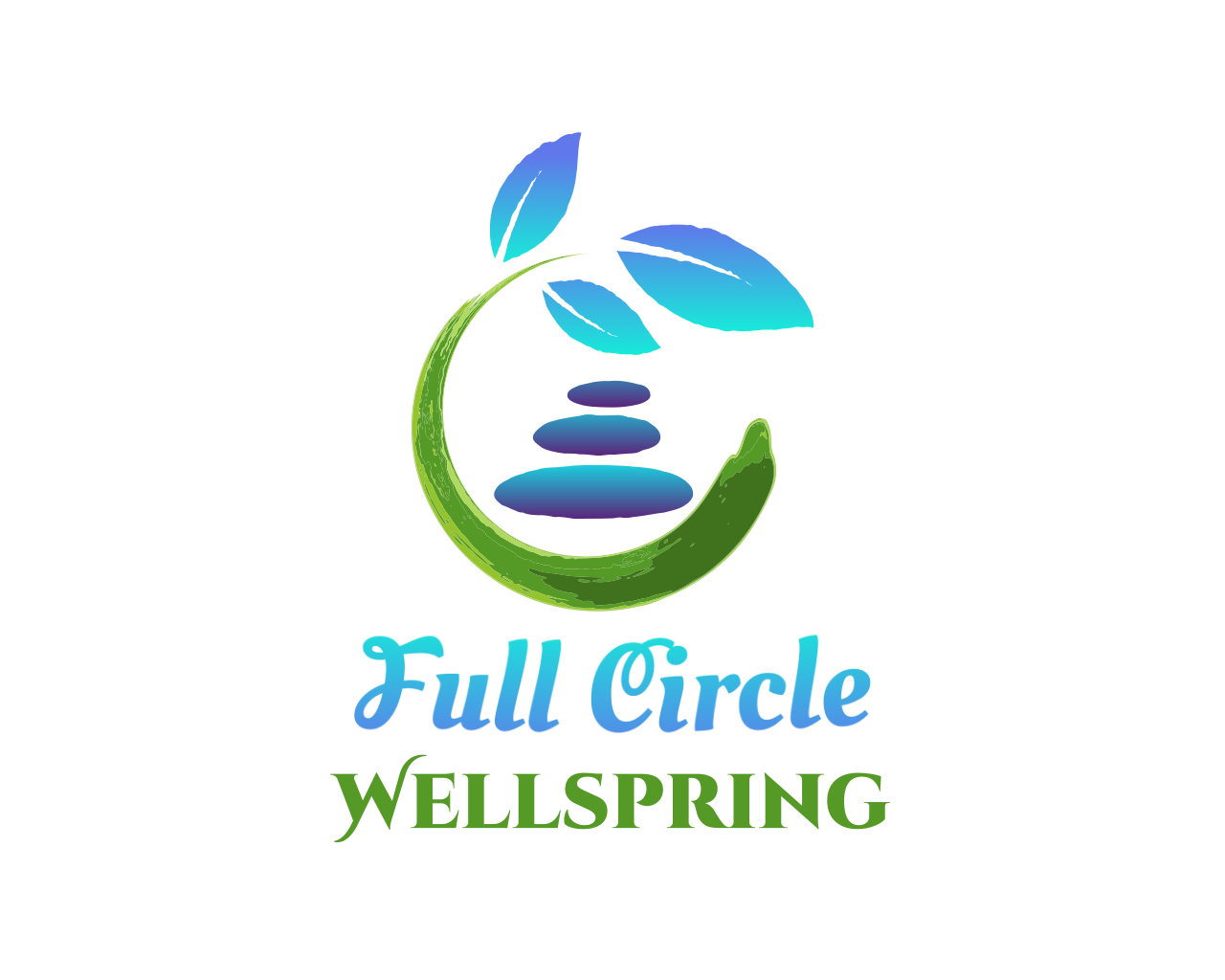Full Circle Fridays (ARCHIVES):
Trauma causes a disruption in our neuro pathways and can halt survivors from staying connected to themselves, others, and the world around them. They can abandon/exile parts of themselves behind a wall of shame and fear. Each Full Circle Friday post was geared toward learning about outside resources, adjunctive services, modalities, recommendations, etc for the trauma survivor to grow their toolbox for recovery.
For more (NEW) content (or to listen to these archived episodes) - check out the Podcast or the YouTube channel! Follow/subscribe so you never miss content!
Full Circle Fridays|Week 10: Jungian Philosophy
Author Note: If you prefer to listen or watch instead of or along with -
Check out the YouTube video and/or the Podcast audio.
Today I’d like to give a brief overview of Carl Jung and his contributions to the world of psychology. It’s worth taking a deeper look into his theories, philosophies, therapy, and archetypes. He contributed to a great deal of this generation’s way of thinking and of processing.
Carl Jung was born in Switzerland in 1875 but was alive in the generation before me. He died in 1961 after my parents were born. His perceptions are still being fleshed out, sometimes challenged, and slowly being adapted into modern therapy. I mention this because I’m not a hard-core Jungian follower, but I find him to be super insightful when diving into the world of trauma therapy and coaching. He’s being highlighted today on Full Circle Friday as an outside resource that I believe we can gain knowledge from, but I don’t necessarily go all in on every one of his concepts.
Jung is responsible for main concepts such as: the Collective Unconscious, personality archetypes, dream symbols, and the start of tying spirituality together with psychology. His father was a pastor, so he was very invested in religion and history. While I’m not driving down that road as a topic, I do believe that seeing the psyche as a mental, emotional, and spiritual realm is a really big deal when you are actively seeking out trauma recovery and are on a journey of psychological healing.
Briefly — the Collective Unconscious has been studied for decades now and has bled its way into modern psychology. It’s worth noting that Jung considered this an inherited aspect of all humans, similar to “nature v nurture” in my opinion. The Collective Unconscious was presented like the nature part of all new humans — born into a world that, without any experiences, gave us beliefs and human mindsets in a particular culture and are just assumed to exist. This was his main theory that ran throughout several of his book and other concepts.
From there, another branch of Jung’s contributions that still is at play today is his Dream Theory. He believed that the unconscious and subconscious realms of dreaming translate into images, narratives, answers, and ideas that can be used (when remembered and examined) to find healing in your conscious. This is a fascinating subject to me. I do feel like dreams have a way of showing and guiding. I even did my senior thesis paper on dream interpretation over 20 years ago! Earlier this week, in the Journal episode, I explained why I’m beginning to journal my dreams as well.
For trauma recovery healing and other psychological uses, I find Jung’s most important contribution to be that of the archetypes and personality work he did. Jung examined and categorized personality traits and was able to uncover a whole lot about their psychological functions. Two decades after Jung’s death, Myers-Briggs adapted a final set of personality traits and added them to Jung’s original three coupled traits. Then he created a personality test. If you have never taken a Myers-Briggs' personality test, you really ought to, in my opinion. As an INFJ, I highly recommend it. The insight alone from that will give you depth to your personal journey, healing, and understanding for how your personality works in this wild world.
These personality categories have been used to help people find healing within relationships by understanding theirs and their partner’s functioning roles, as well as learning styles based on your personality indicators and even your career and parenting style. These all stemmed from Jung’s original concepts and study of human function.
In Jungian philosophy, we find four main archetypes of human patterns and behavior: the Self, the Persona, the Anima, and the Shadow. Jung presented three components of Self — the ego, the personal unconscious, and the collective unconscious. The Self being the individual and the personal unconscious being your memories and life experiences.
There are also tests available to find your Jungian archetype and explanations of each to find out why it’s important to help you understand yourself. Beyond that, there are his philosophies which I think are worth a bit of studying, and now even a Jungian style therapy available. There are Jungian analysts and all kinds of complex ways to dive deeper into Carl Jung’s work — if you feel led to do so.
To close, here are a few of Jung’s quotes that I find very insightful and healing to my trauma recovering self:
“Everything that irritates us about others can lead us to an understanding of ourselves.”
“I am not what happened to me, I am what I choose to become.”
“The most terrifying thing is to accept oneself completely.”
“We cannot change anything unless we accept it.”
As you can see, these quotes and many of his philosophies line up with the work we do in trauma recovery as part of our healing journey. If you do need support, I’d love to chat with you more about my coaching services. A final and favorite quote of his that I leave you with: “The privilege of a lifetime is to become who you truly are.” Well, doesn’t that just perfectly complement our work in our full circle healing! And what a privilege it would be to walk beside you on that path. Feel free to shoot me a message on the connect tab of my site or schedule a 20-minute complimentary discovery call to see if coaching is right for you.


